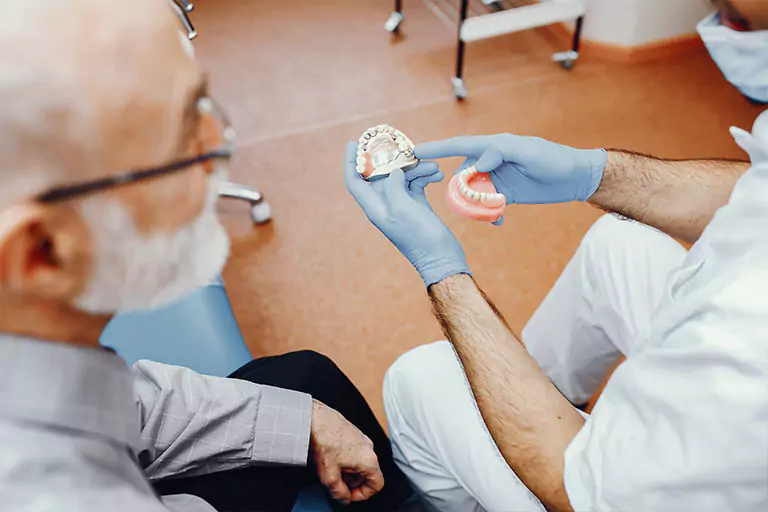
- Home
- About
- Our Team
- Services
- Postoperative Care
- Smile Gallery
- Medical Tourism
- Blog
- Offers
- Contact Us
- Home
- About
- Our Team
- Services
- Postoperative Care
- Smile Gallery
- Medical Tourism
- Blog
- Offers
- Contact Us

If you are planning to get dental implants, you may need to undergo a bone grafting procedure first. This is a common and safe surgery that helps to restore the lost bone in your jaw and create a solid foundation for the implants. But what can you expect after bone grafting for dental implants? Here are some things you should know:
The recovery time after bone grafting for dental implants varies depending on the type and size of the graft, the location of the surgery, and your healing ability. In general, it may take anywhere from two weeks to six months for the grafted bone to fuse with your natural bone and become ready for implant placement.
During this period, you should follow the post-operative instructions given by your dentist or oral surgeon. These may include:

Although bone grafting for dental implants is a safe and effective procedure, there are some possible risks and complications that you should be aware of. These include:
These complications are rare and can be prevented or treated by following your dentist’s or oral surgeon’s advice. If you notice any signs of infection, excessive bleeding, severe pain, or other unusual symptoms, contact your dentist or oral surgeon immediately.

Despite the possible discomfort and inconvenience of bone grafting for dental implants, the benefits of this procedure outweigh the drawbacks. Bone grafting for dental implants can help you:
Bone grafting for dental implants is a worthwhile investment in your oral health and quality of life. If you are interested in this procedure, consult with your dentist or oral surgeon to find out if you are a good candidate and what to expect after bone grafting for dental implants.
Contact Oris Dental Center today to schedule an appointment and learn more about our bone grafting for dental implant services. We are here to help you achieve your oral health goals with compassion and excellence.